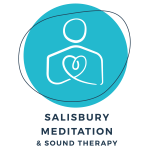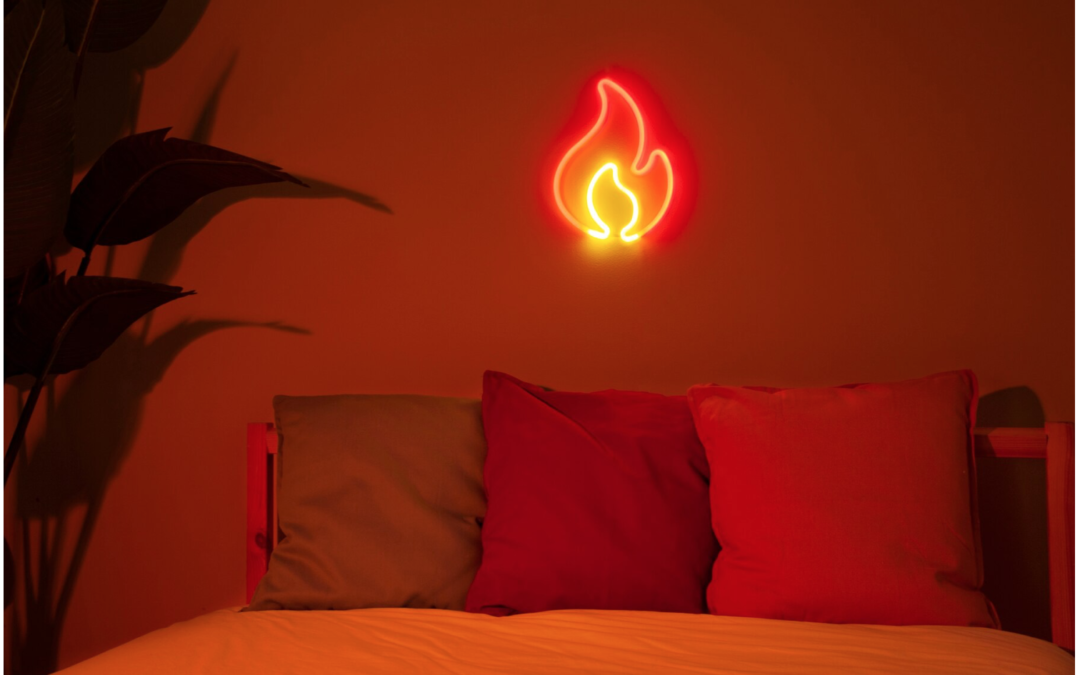A good night’s sleep is a cornerstone of good health and well-being. It fuels our bodies, sharpens our minds, and boosts our moods. But sometimes, achieving restful sleep can feel like a nightly battle. That’s where sleep hygiene comes in, so for this newsletter we thought it was a good time for a sleep hygiene check up!

Sleep hygiene refers to the daily habits and bedroom environment that promote quality sleep.
It’s a personalised approach to creating conditions that encourage your body and mind to wind down and fall asleep easily. Regardless of the season, good sleep hygiene practices can significantly improve your sleep quality.
Signs of Poor Sleep Hygiene
- Difficulty falling asleep or staying asleep
- Frequent nighttime awakenings
- Daytime sleepiness
- Inconsistent sleep patterns
- Feeling tired and sluggish throughout the day
Developing a Sleep Sanctuary:
Optimise Your Bedroom Environment:
- Temperature is Key: Your bedroom should be cool, ideally around 18-19 degrees Celsius. In the summer, utilise fans, air conditioning (if available) and lightweight, breathable bedding made from natural fibres like cotton or linen. Consider cooling mattress pads or pillows for an extra layer of comfort.
- Light it Right: Darkness promotes sleep by encouraging the production of melatonin, the hormone that regulates your sleep-wake cycle. Block out disruptive light with blackout curtains or an eye mask.
- Silence is Golden: Minimise noise distractions. Earplugs or a white noise machine can help drown out street noise, a snoring partner or a restless pet.
- Create a Calming Ambiance: Consider incorporating calming scents like lavender with a diffuser (used safely) or a spray. Keep the bedroom clutter-free and use calming colors like blue or green to create a relaxing atmosphere.

Develop a Relaxing Pre-Sleep Routine
- Power Down Early: The blue light emitted from electronic devices like phones and laptops can disrupt sleep patterns. Avoid them for at least an hour before bed.
- Wind Down Activities: Engage in calming activities like reading a book, taking a warm bath (not hot!), or light stretching before bed.
- Stick to a Schedule: Go to bed and wake up at consistent times, even on weekends. This helps regulate your body’s natural sleep-wake cycle.
- Limit Naps: Short (under 30 minutes) naps in the early afternoon can be refreshing, but avoid napping too close to bedtime, as it can disrupt your nighttime sleep.
Healthy Habits for Better Sleep:
- Soak Up the Sun: Get regular exposure to natural sunlight during the day to regulate your circadian rhythm.
- Stay Active: Regular exercise promotes better sleep, but avoid strenuous activity close to bedtime.
- Fuel Your Body Wisely: Avoid heavy meals and caffeine close to bedtime. Opt for lighter, healthier dinners and avoid sugary drinks.
- Hydration is Key: Drink plenty of water throughout the day, but avoid excessive fluids right before bed to minimise nighttime bathroom trips.
Bonus Tip: A lukewarm shower or bath before bed can help lower your body temperature and prepare you for sleep.

Beating the Sticky Summer Nights
Summer nights can be particularly challenging for sleep. Here are some additional tips to keep cool on sticky nights:
- Invest in Cooling Bedding: Consider cooling mattress pads or pillows specifically designed to regulate temperature. Look for bedding specifically designed with cooling properties, such as moisture-wicking fabrics or cooling mattress pads.
- Swap Your Bedding: Opt for lightweight, breathable sheets and blankets made from natural fibres like cotton or linen to avoid feeling weighed down during hot weather. These fabrics are breathable and allow for better airflow, keeping you cooler throughout the night.
- Embrace the Breeze: Open windows at night (if security allows) and use fans to circulate cool air.
- Dress for Sleep: Wear lightweight, loose-fitting pajamas made from breathable fabrics.
- Hydrate Strategically: Drink plenty of water throughout the day, but avoid excessive fluids right before bed.

Menopause and Sleep
Changes in hormone levels during menopause can disrupt sleep patterns. Hot flashes and night sweats can cause frequent awakenings, while anxiety and mood swings can make it difficult to fall asleep. If you’re experiencing sleep difficulties during menopause, focus on good sleep hygiene practices and talk to your doctor. They may recommend additional strategies or treatments to help you get the restful sleep you need.
By following these sleep hygiene practices and creating a sleep-conducive environment, you can cultivate healthy sleep habits and ensure quality sleep throughout the year.
While summer weather might present some additional challenges, remember that these basic principles can be adapted to create a cool, calm, and comfortable sleep haven no matter the season.
Sweet dreams!
References: https://www.


Recent Comments